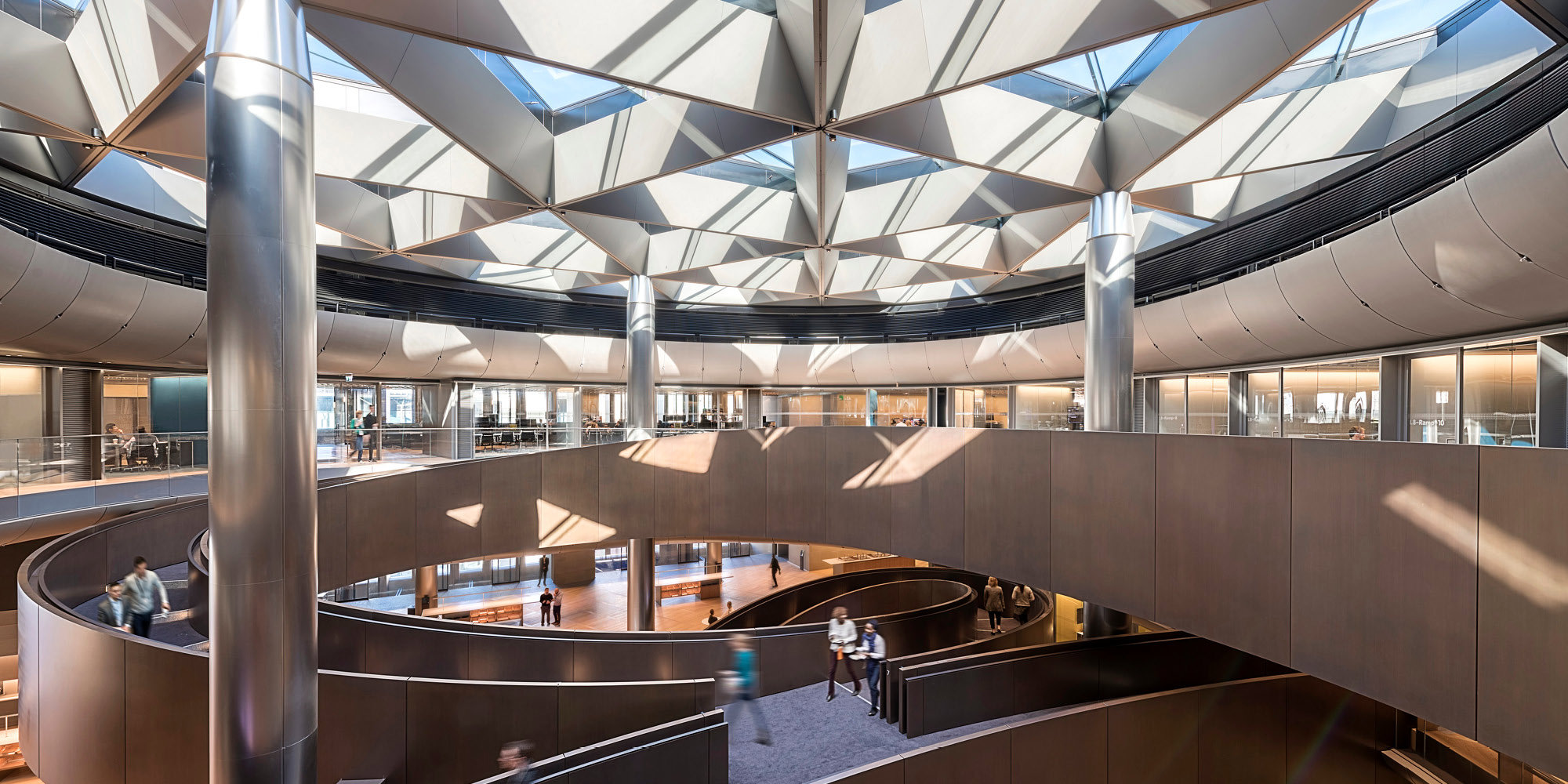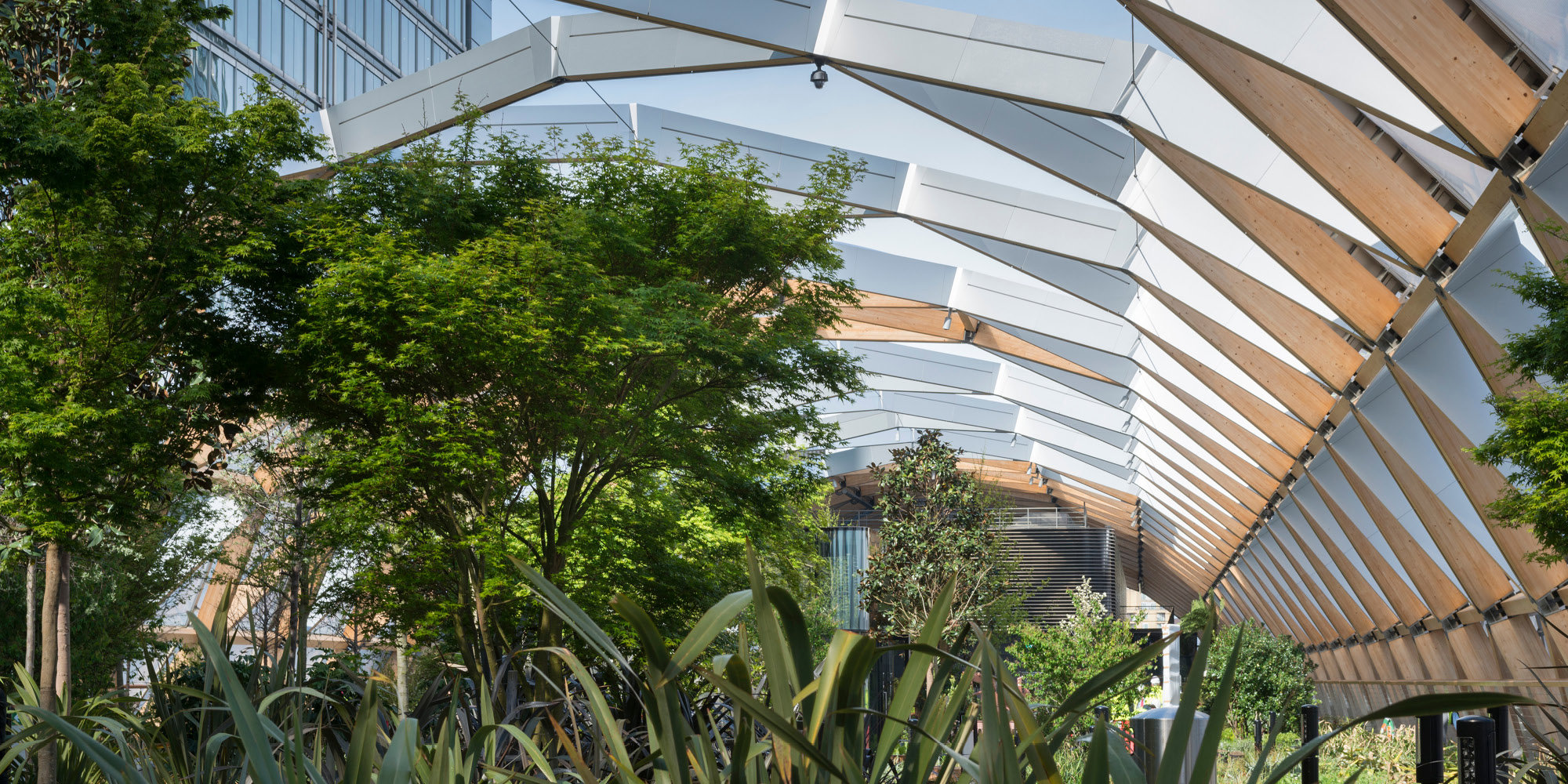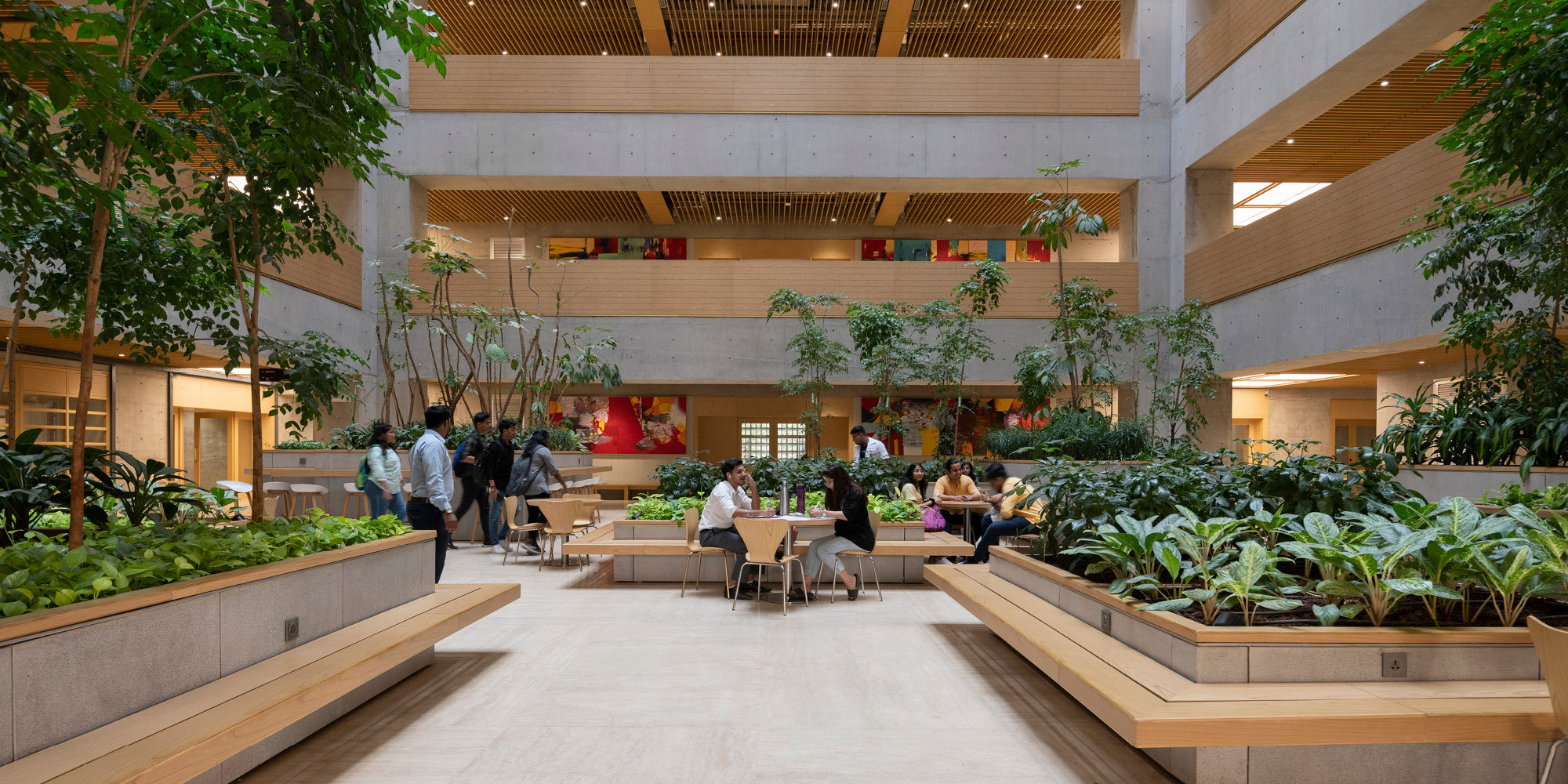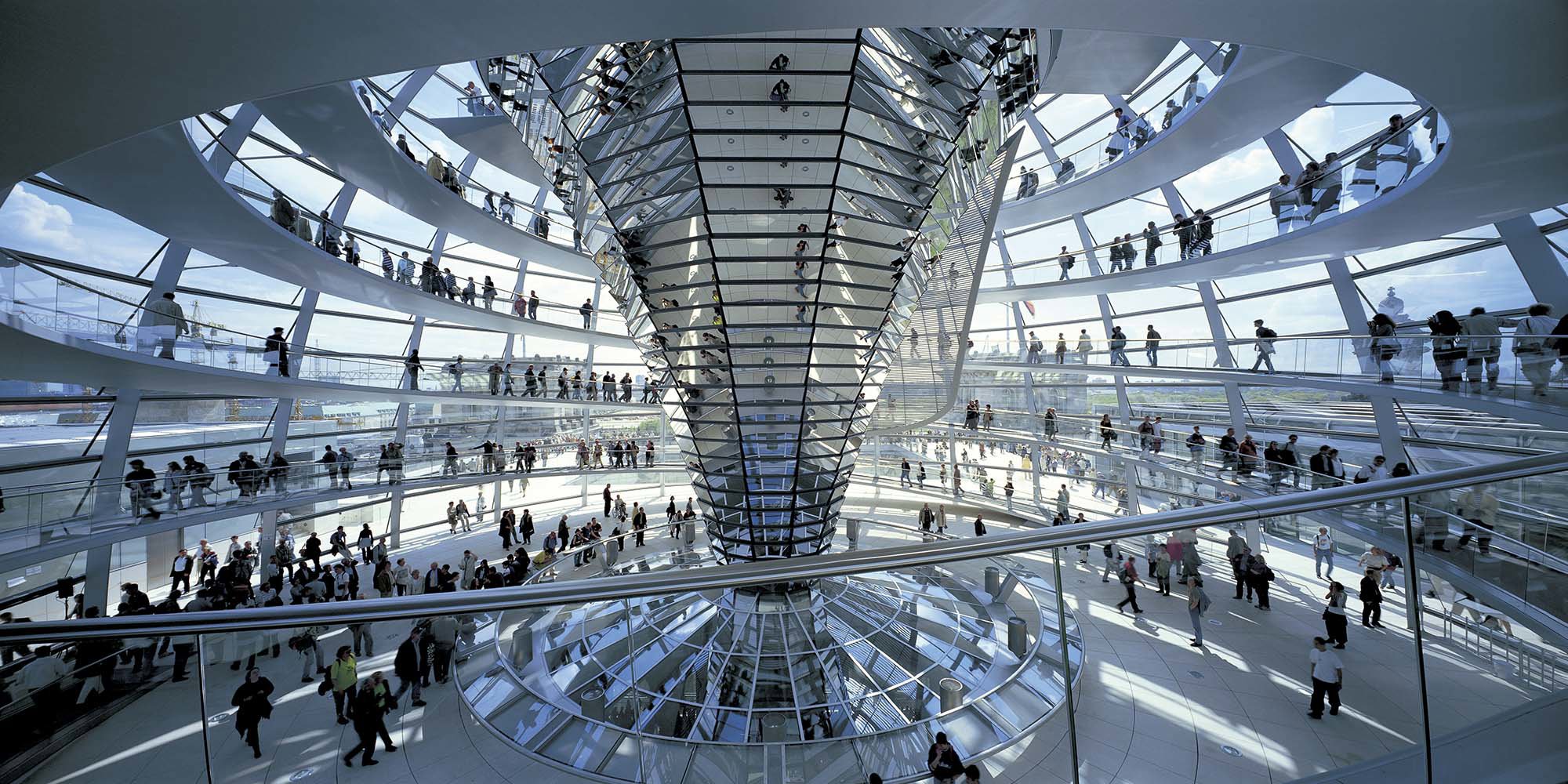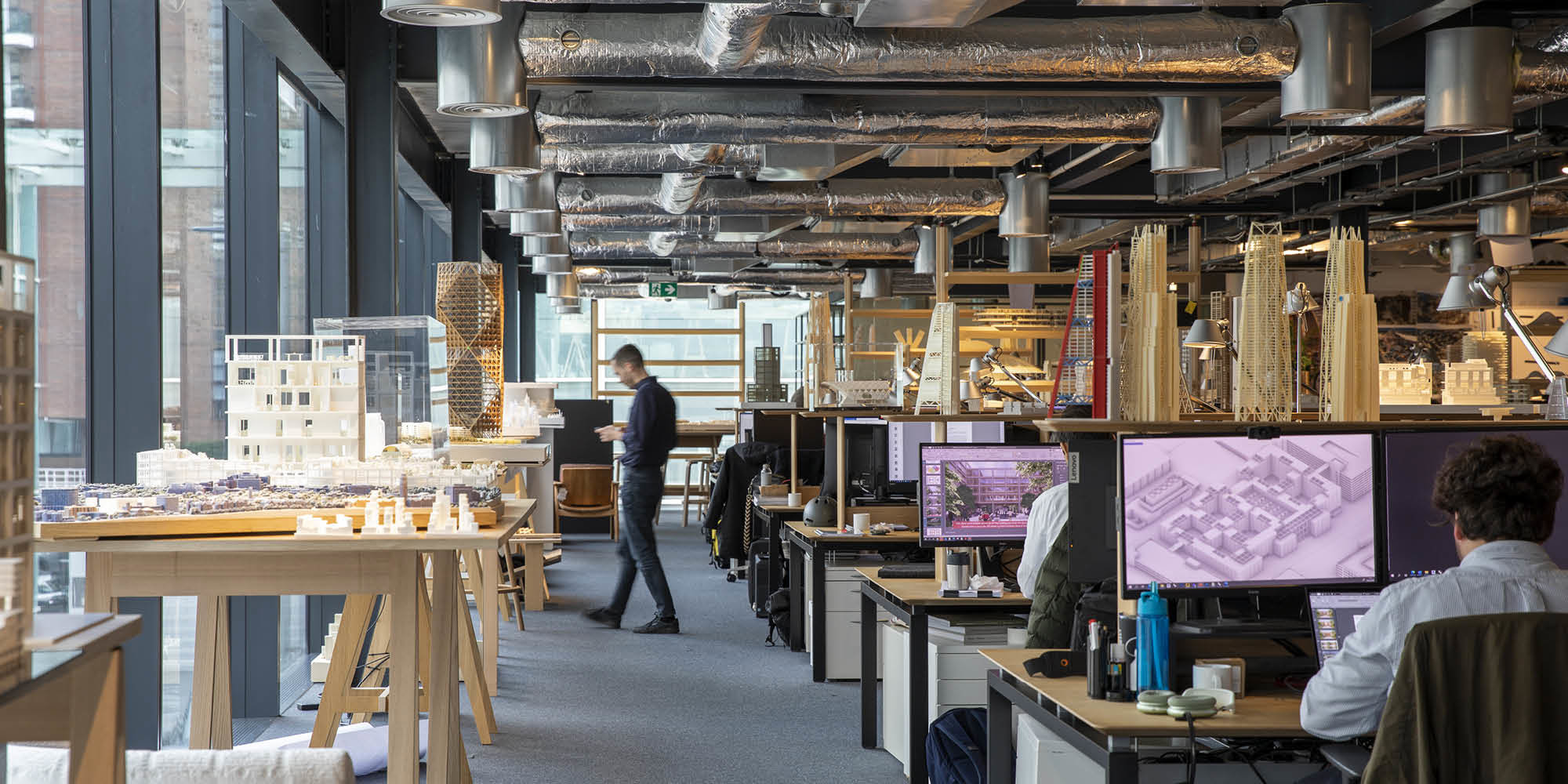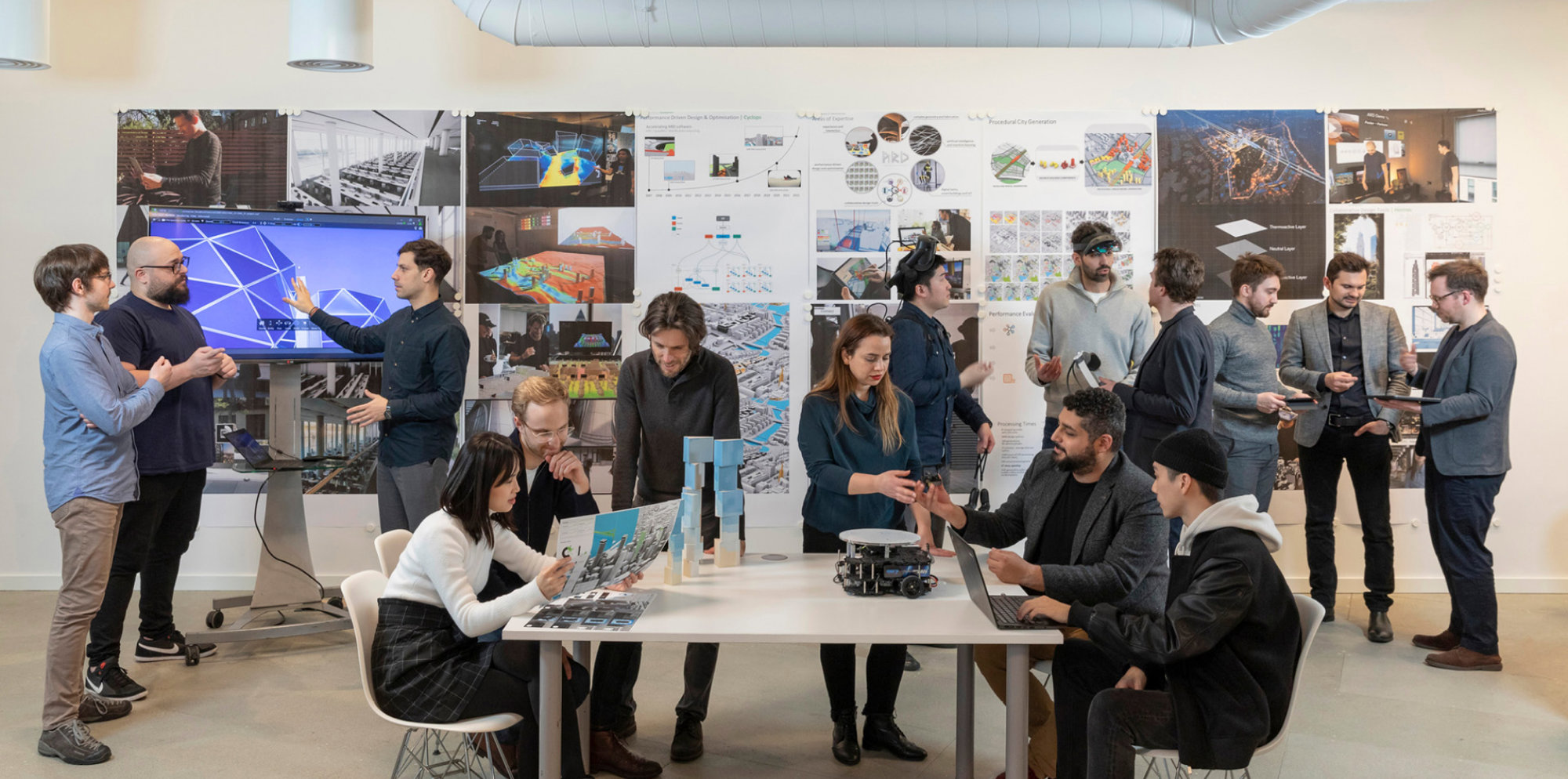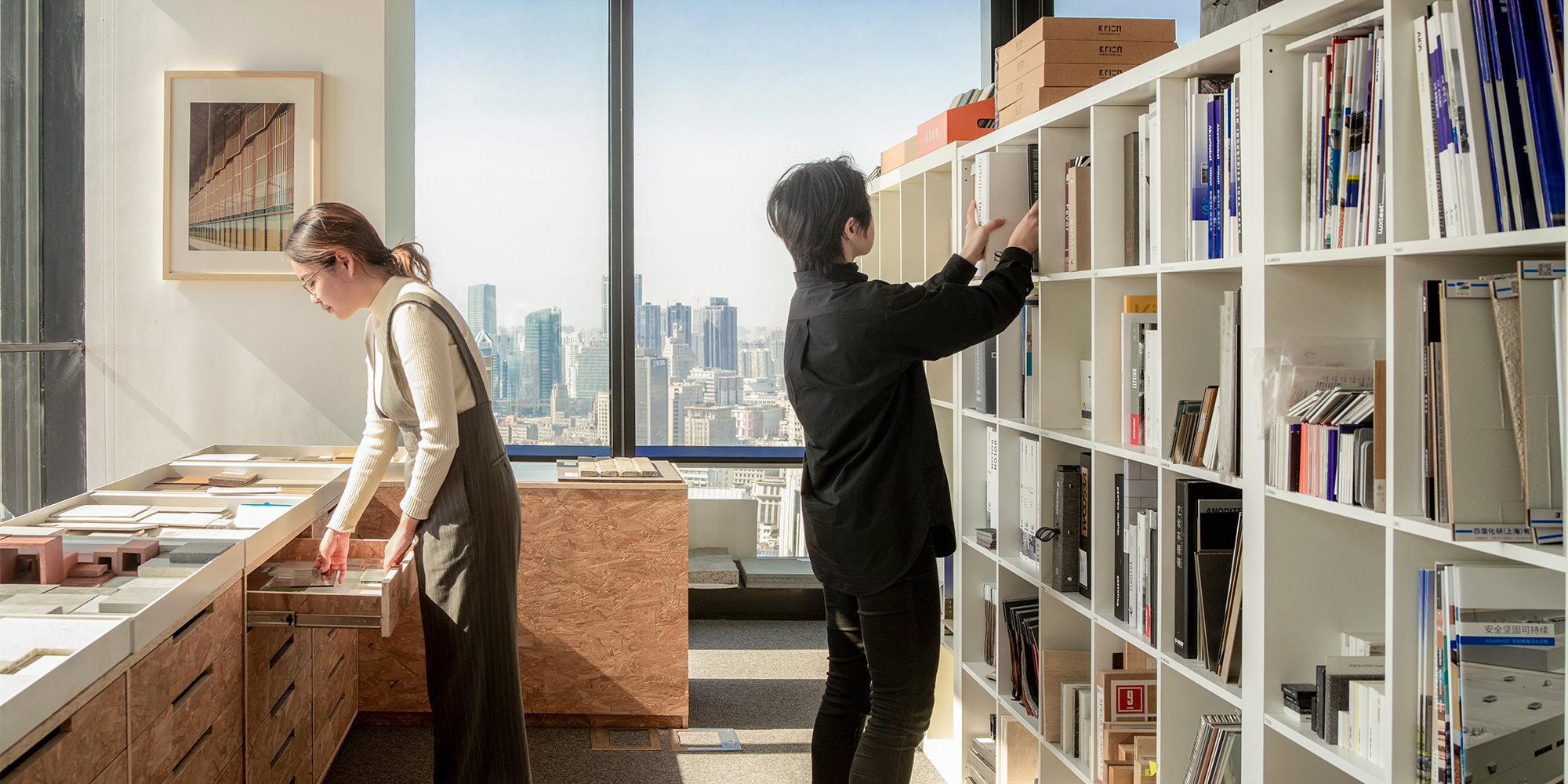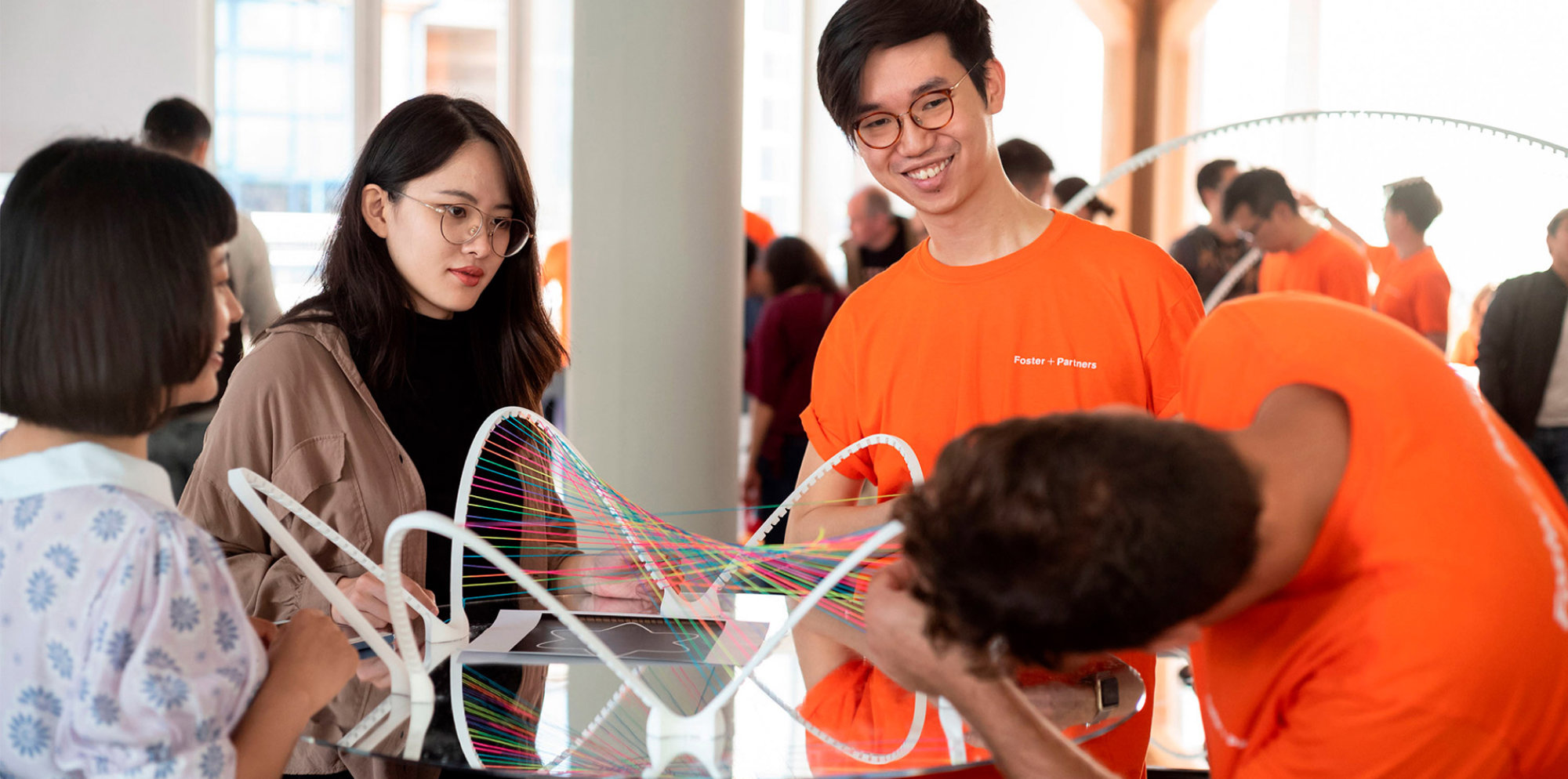To mark International Women in Engineering Day, we spoke with eight women across the practice who are shaping the world through engineering - from structural and electrical engineers to developers and façade specialists. They share their journeys, inspirations, challenges, and visions for the future of women in the field. Through their stories, we celebrate their achievements and explore what a more inclusive and innovative engineering industry could look like.
Charlene Vas, Senior Developer
My path into engineering started early – my dad’s an electrical engineer, so I grew up watching him fix all kinds of electrical devices. That constant exposure made me curious about how things worked and drew me toward engineering, even though I wasn’t sure at first which field of engineering I would pursue. When I got my first laptop, I began exploring how it worked. Over time, I became skilled at troubleshooting and started learning to code, eventually becoming the go-to IT person for my family. That hands-on tinkering pushed me towards computer engineering.
My biggest role models are my family. My dad inspired me by letting me help fix all kinds of things from a young age. My mum, a teacher, has always encouraged me to follow my passion and supported me every step of the way. My sister has been my partner-in-crime, helping me take apart toys to explore what’s inside and figure out how to fix them.
During an internship delivering STEM programmes to children – teaching robotics and coding simple apps – I discovered my passion for computer engineering. I also had the opportunity to write and publish a book on app development using MIT App Inventor, which was later used as a resource in summer coding camps.
Kamila Wiatr, Associate, Senior Electrical Engineer
Inspired by my grandfather, who was an electrical engineer, I decided to follow in his footsteps and studied electrical engineering at Wrocław University of Science and Technology in Poland. Being one of a few women on my course was intimidating - and although the gender ratio hasn't changed much (yet!) - over time, I got used to being in a male-dominated environment. If I could offer advice to women looking to go into engineering, I would say, don't overthink it. You can do it. Remember that 50 years ago, only 10 percent of the medical workforce in the UK was female, and now it is over 50 percent. The same might happen to the engineering world, and I believe it will.
Neesha Gopal, Partner, Façade Specialist
I transitioned from architecture into façade engineering to deepen my knowledge – initially intending it to be a short-term shift. However, after joining Whitbybird Engineers in 2003, I found the diversity and challenge of the work so engaging that I stayed, later enhancing my expertise with an MSc in Façade Engineering. Eilis McShane, one of the pioneering women in façade engineering, greatly inspired and supported me.
As a woman in engineering, I’ve faced challenges, but perseverance and support have helped me overcome them. To me, an inclusive environment is one where women’s voices are heard and achievements recognised. I believe more women will be drawn to this fulfilling field, and my advice is to stay strong and never shy away from taking credit where it's deserved.
Hava Nur Yavas, Structural Engineer
Growing up in a highly seismic region – Turkey – where earthquakes are a part of life, I experienced several major earthquakes as a child, including one where my family and I had to live in a tent for several days, too afraid to return home. This early exposure sparked a passion for understanding the nature of earthquakes and the engineering required to build resilient structures. This led me to a civil engineering degree at Istanbul Technical University, followed by a Master’s in structural engineering at Boğaziçi University, whilst working full-time.
I remember moments during an early internship at a construction site when some labourers would ask me technical questions – not out of genuine interest, but to test me or tease me afterward. It was a subtle but clear reminder that, as a woman, you often have to prove yourself before being taken seriously. That experience taught me that effective leadership as a woman, particularly on construction sites, requires you to project a strength, confidence and decisiveness – and you often need to go further than others to earn equal respect.
For women and girls looking to go into engineering – don’t let stereotypes or self-doubt hold you back. If you're curious and love problem-solving, you belong in engineering. Surround yourself with people who support your growth, and don’t be afraid to ask questions or take up space.
Andreia Guerra Dibb, Partner, Senior Electrical Engineer
I became an engineer thanks to my uncle’s inspiring career as an electrical engineer, who travelled the world and shared fresh ideas at family gatherings, sparking my curiosity. Beyond my family, I admire historical inventors, physicists, and science communicators such as Jim Al-Khalili, who explain complex scientific ideas in an engaging way.
I've had many rewarding moments in my career, especially working at Foster + Partners on integrated design projects such as Apple stores in Milan and Rome, blending Apple's aesthetic with Italy's cultural heritage. I also worked on Al Sa’ad Plaza Towers in the Middle East and BDO Unibank Inc. Campus in Manila, each presenting unique challenges. I love working with international teams and solving complex problems, pushing the boundaries of what is possible.
The future of women in engineering is promising, with growing representation and leadership roles. For sustainable progress, equality in professional and personal life is crucial. Creating workplaces with equal opportunities, fair career advancement, and inclusive policies will help women thrive in their careers.
Anna Bykova, MEP BIM Coordinator
Engineering has always been central to my life, deeply rooted in a family legacy of engineers and educators. My passion for maths and physics led me to study thermal power engineering, later evolving into a career in HVAC design and BIM coordination. Inspired by trailblasing women such as Marina Korol and Marzia Bolpagni, I embraced digital innovation and earned a Master’s in BIM Management. Now at Foster + Partners, I lead MEP BIM coordination on major international projects. Guiding teams, shaping workflows, and supporting inclusion in engineering has been deeply rewarding – continuing a legacy I hope to pass on to my daughter.
Natasha Mudhar, Associate, Senior Fire Engineer
I first developed an interest in engineering at 18 years old, after a year in industry placement at a utilities and energy company, which influenced me to study chemical engineering at university. Before this, I wasn't exposed to anyone in the industry, so I didn't know engineering could be a career for me. The work experience I gained during my education helped me overcome this.
Reflecting on my early career, my line managers were inspirational and highly influential. They championed and encouraged me, which was essential for my success. Another source of inspiration is my sister, who juggles her full-time job, Master's degree, and roles as a partner, mother, daughter, and friend. Her resilience, humour, and spirit are inspiring.
For me, an inclusive and supportive engineering environment recognises and supports different ways of processing information, interacting, and achieving goals. Leaders and line managers play a key role in facilitating this environment. Communication should be clear, with transparency in decisions and processes.
For women entering engineering, seeking mentors and expanding your network is key. As you progress, support others by mentoring, advocating, and creating opportunities for the next generation of women in engineering.
Jagoda Sulikowska, Associate, Senior Developer
I have always enjoyed computers, but my personal path is a little unusual. My first job was in financial operations, specifically working with the DACH market. I then transitioned to work in digital transformation, which exposed me to some programming which made me want to pursue a career in software, and I haven't looked back since.
The most impactful moment for me was finding the source of an issue that had not been found for over seven years, in a business-critical application that was extremely complex. To get to the root of the issue I had to learn the business logic driving the application, the codebase which was written using an old design pattern. That was the moment that made me realise I absolutely love everything related to architecting and developing software.
In my team of software engineers, 50 percent of us are women. I would like to see this in other organisations too. If you are looking at a career in engineering, don't compare yourself to others. Diversity is imperative to creating amazing results, and what you bring to the table will always be different to everyone else.
